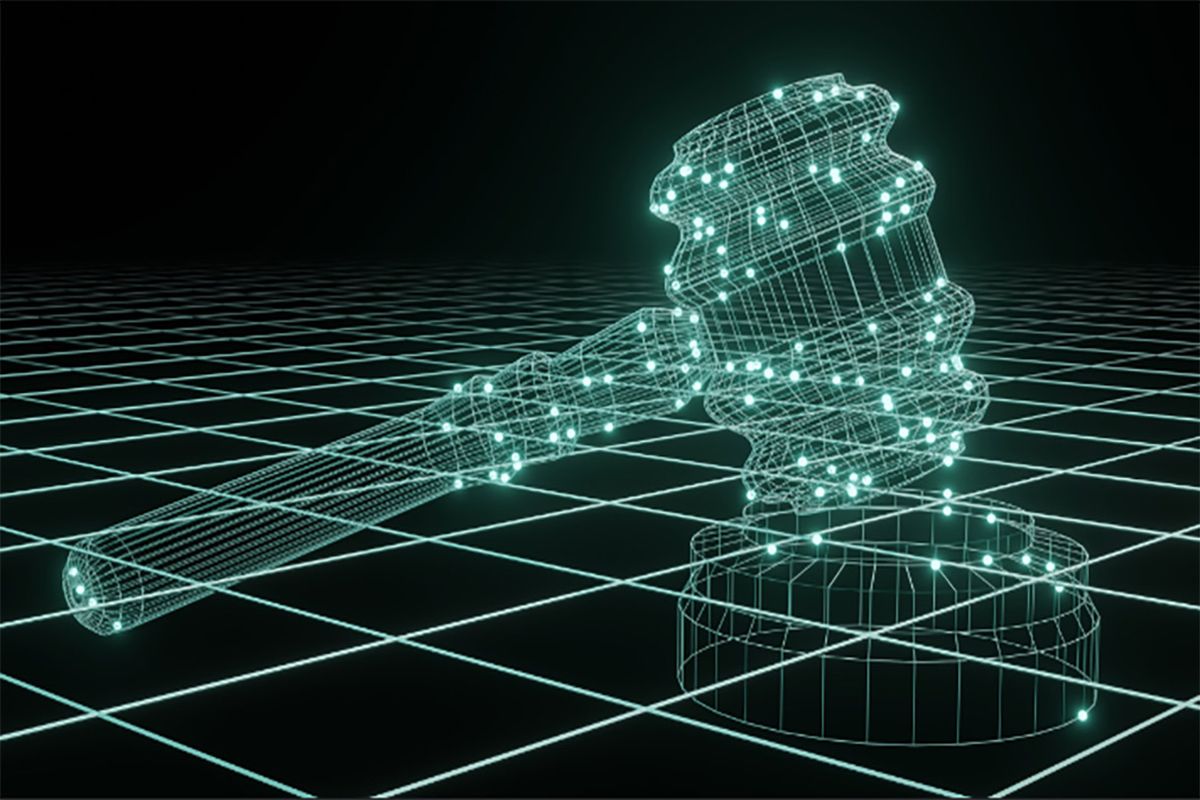As the world enthusiastically adopts the promise of Web 3.0 and the metaverse, fears about a decentralized and trustless internet, concerns over network manipulation, and governance issues keep growing.
Web 3.0 is touted to have the potential to revolutionize the way users interact and transact online, with its fundamentals anchored on blockchain technology and token-based governance ecosystems. But, despite its many inherent benefits, there is a growing realization that Web 3.0 may fall short in efficiently resolving network manipulation via token-based governance mechanisms.
Web 3.0 underpins community-powered ecosystems with fair, decentralized, and resilient governance. Its primary aim is to disrupt the traditional, top-down organizational structures that are dominated by centralization – insider control, manipulation, and strong-arming among other challenges.
But, this needs a radical shift in the way users consider competence, ownership, and decision-making. A majority of Web 3.0 networks now implement token-based governance. Their token holders enjoy voting rights, meaning that they have a say in the project’s future.
Nonetheless, an in-depth review shows that the one-token-one-vote strategy for the token-based models eventually negates the integral principles of Web 3.0. Governance tokens such as Uniswap (UNI) and Curve Finance (CRV) are normally tradable in the open secondary markets.
This enables random people to participate in voting without needing to factor in real contributions or reputation among the community’s peers. Hence, wealth translates to control and power, and that is not how we envision Web 3.0. Nevertheless, there are contribution and reputation-based governance structures as ideal solutions.
Related:Nakamoto Games: Redefining Gaming with Groundbreaking Web3 Infrastructure
DAOs And Centralization
Decentralized autonomous organizations (DAOs) now represent the dominant organizational model in Web 3.0. The ability to execute business functions with no intermediaries or centralized control is perceived to be one of their biggest unique selling points (USPs).
Notably, they replace legacy governance structures with community-driven mechanisms, helping facilitate grassroots decision-making processes. DAOs normally let token holders participate in on-chain voting for critical decisions, directly or through delegation.
In that context, blockchain-powered smart contracts help automate the execution of consensus. Theoretically, this is a major improvement set upon the hierarchical authority infrastructures common in traditional organizations.
However, utilizing token ownership as the main condition for voting rights automatically reintroduces manipulation risks and centralization via the back door. DAOs are vulnerable to whales and malicious entities who can acquire huge amounts of governance tokens within the secondary markets.
This gives them inconsistent influence, enabling them to manipulate decisions to cater to their interests, and can result in 51% attacks. Apart from the whales, some inexperienced community members may participate in token-based voting, which lowers the quality of the decisions made and produces some undesirable outcomes.
Furthermore, advisors, team members, and early adopters mostly get huge governance token allocations, which also threatens decentralization. In some cases, it might inflate a project’s valuation by engineering artificial demand via token vesting.
Those are some reasons why the St. Louis Federal Reserve discovered that:
“The majority of governance tokens are held by a small group of people. And even with relatively fair token launches, “the actual distribution often remains highly concentrated.”
This scenario intensifies pump-and-dump risks among many other outcomes as was seen in the so-called SushiSwap exit scam.
Reputation And Contribution Over Wealth
Web 3.0 has to innovate alternatives that underpin its quest for autonomy, decentralization, and transparency. Wealth must never be the tool for power and control in this space, as was the case until Web 2.0.
The entire endeavor may then become worthless and futile in such a scenario and Web 3.0 would fail the users that it is meant to empower. There will be no outright leader in Web 3.0 and that will be an important factor to help limit corruption while guaranteeing healthy partnerships and competition.
However, for all this to happen successfully, users need to acknowledge that anything purchasable cannot form the fundamentals for strong and massive governance. There should never be the issue of selling or buying votes with money. Instead, the community members have to earn their voting and decision-making rights.
The Web3 space requires governance models where real contributions and local reputation matter more than the individuals buying power or wealth. Decentralized autonomous companies (DACs) hence come up with a novel mechanism. In that context, just those that have a verifiable reputation for positive contributions to the network acquire voting rights in this ecosystem.
Based on expert insights, “competition is the law of the jungle, but cooperation is the law of civilization.”
Therefore, DACs derive value from member contributions, instead of the market capitalization of the governance tokens. Instead of small groups of whales or insiders, network contributors effectively and fairly take part in the general governance of the ecosystem.
While DACs sometimes use dedicated tokens to govern, they have no monetary value and are not tradable.
The tokens are then linked to nonfungible tokens (NFTs) displaying reputation, which can be earned via contributions such as generating transactions and business leads, increasing the total value locked (TVL), and assisting different tech developments.
Hence, the number of tokens within a user’s wallet plays no role in the governance and decision-making processes of the network.
Related:“Is Web3 dead?” A Expert Answers the 10 Most Searched Web3 Questions
Fairness And Meritocracy In Web 3.0
DACs coupled with their reputation-based governance model enhance meritocracy in Web 3.0. They develop an atmosphere where active contributors enjoy their due recognition. Vitally, they set up free governance from market dynamics, incentivizing the community members to cooperate for shared interests.
Web 3.0 is fundamentally designed to be a domain where users have the means of participating autonomously – on their terms. Reputation-based governance is an important enabler in that regard, limiting collusion among individuals with lots of wealth or vested interests.
Different from token-based models that have predefined vesting schedules, it also mitigates risks like insider trading and token dilution.
Ultimately, fairness is among the main benefits of using reputation to define voting power in Web 3.0. The other great outcome is effective decentralization. Both of these benefits are critical for Web 3.0’s long-term relevance and adoption.
They help actualize the promise of a fairly individual-centric, manipulation-resistant, and genuine world. These are the progressive principles for which everyone believed in Web 3.0 in the first place.
While Web 3.0 offers lots of promises, it is important to recognize its restrictions in resolving network manipulation issues and work towards creating robust governance mechanisms that can efficiently tackle this pressing issue.










